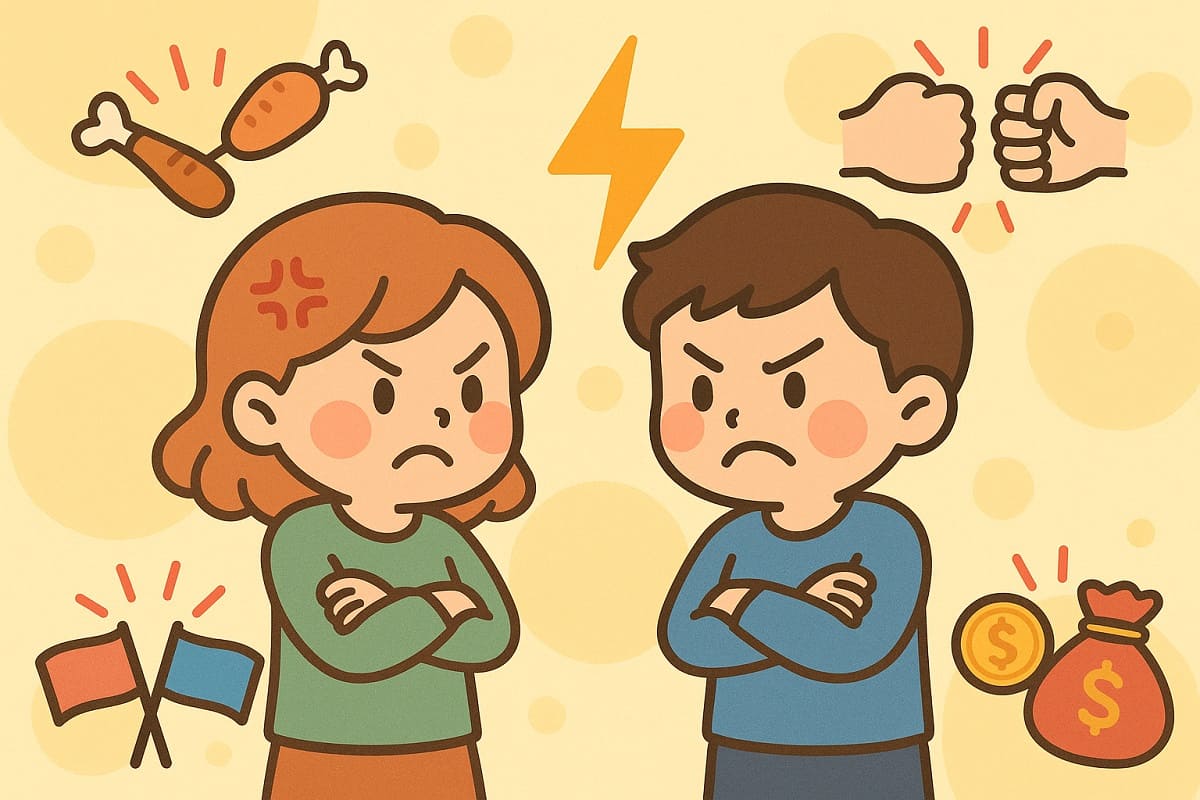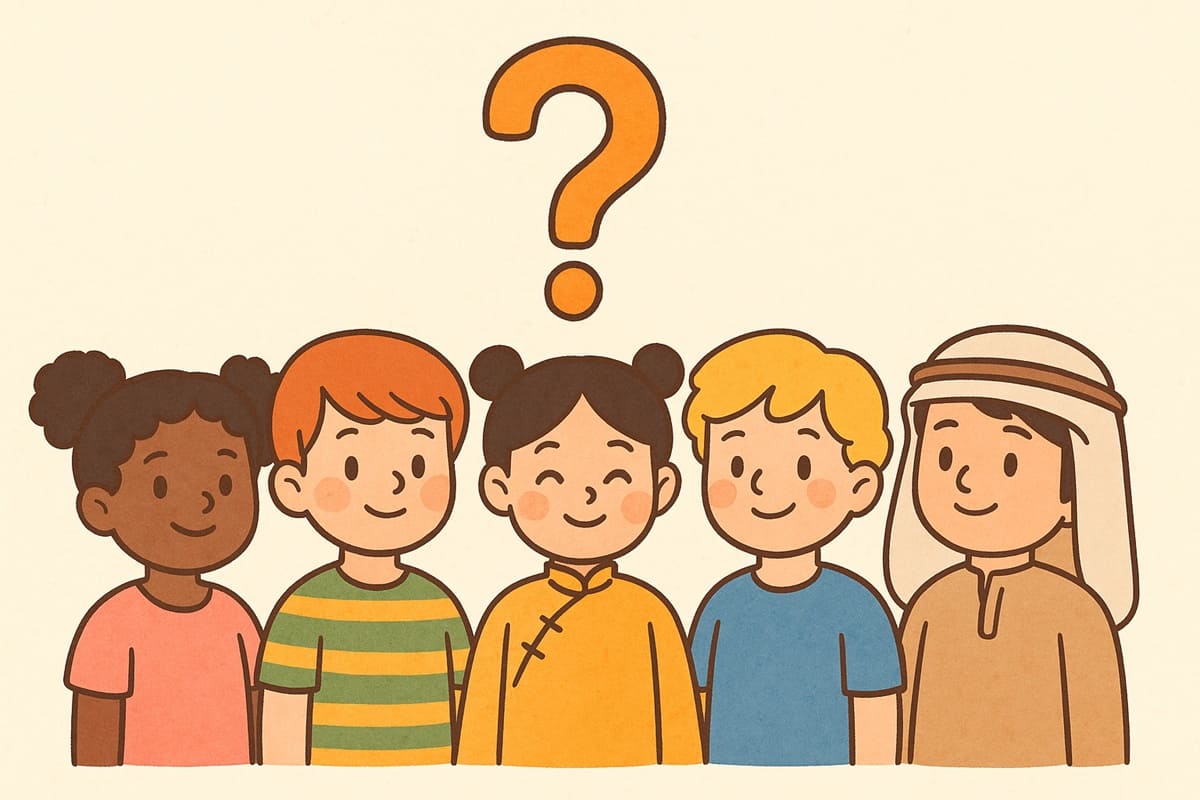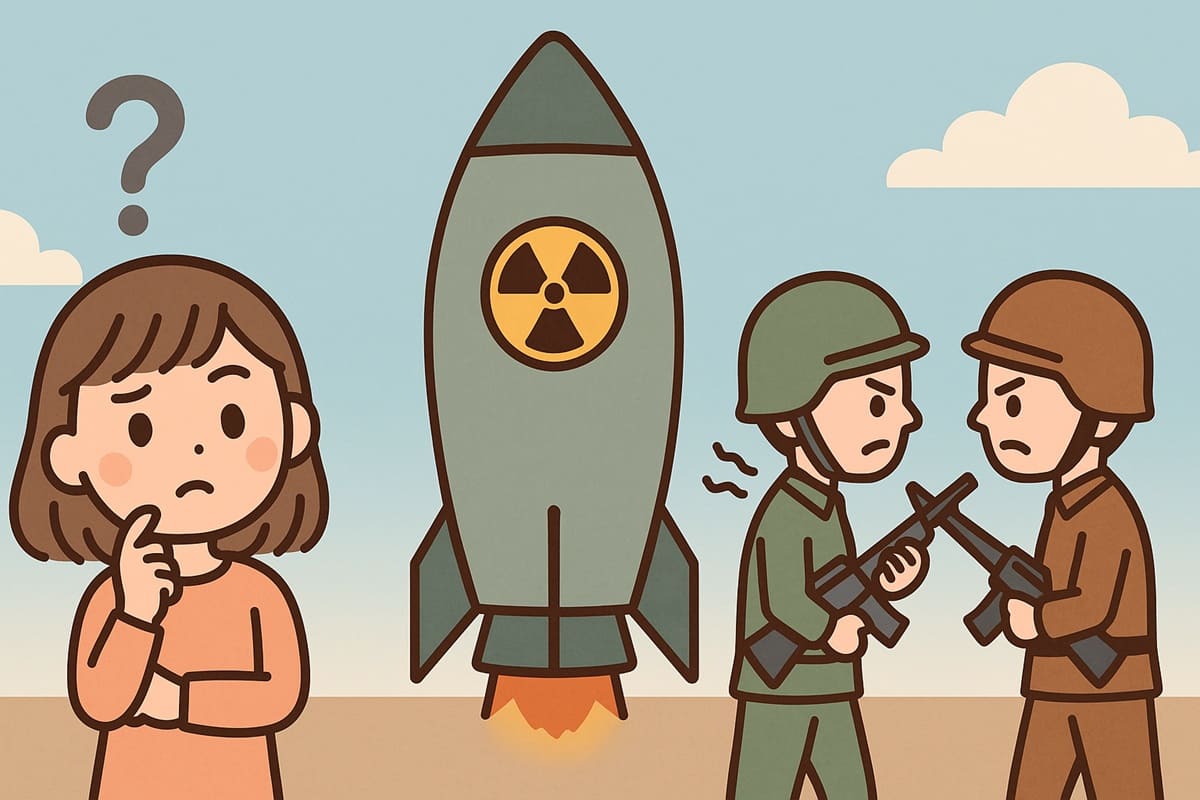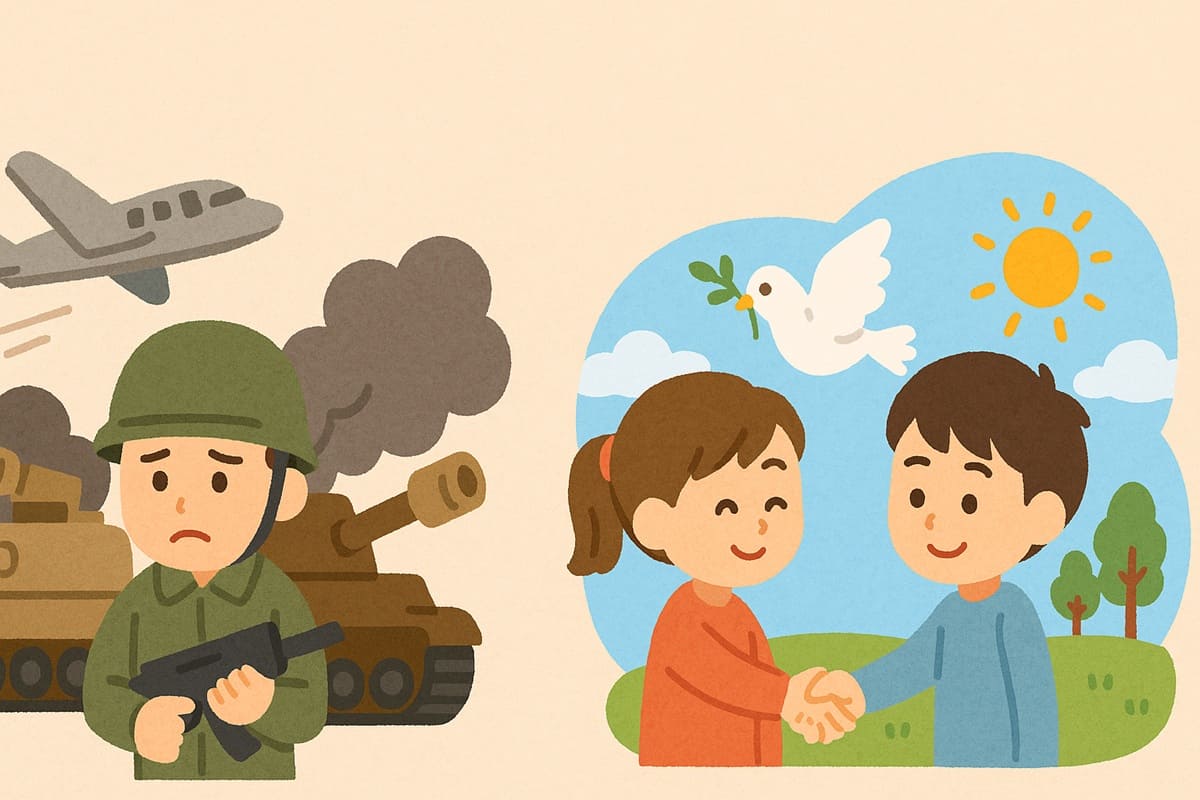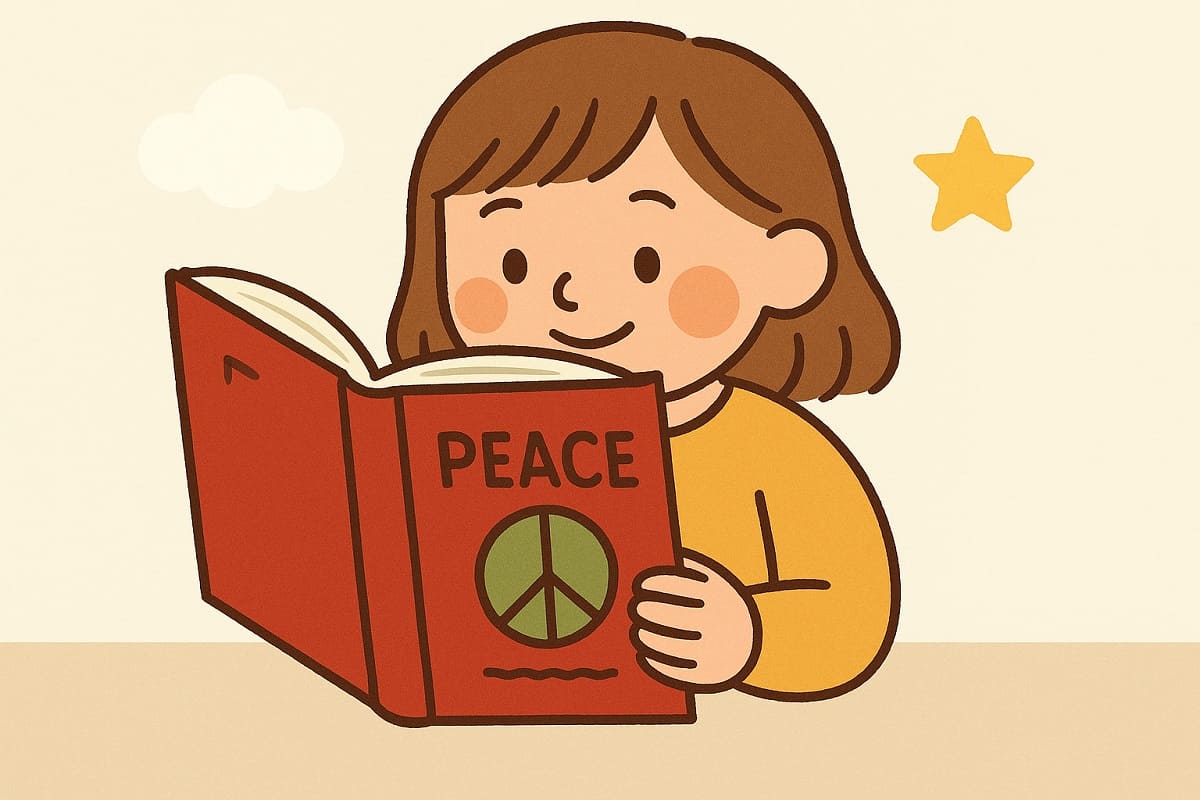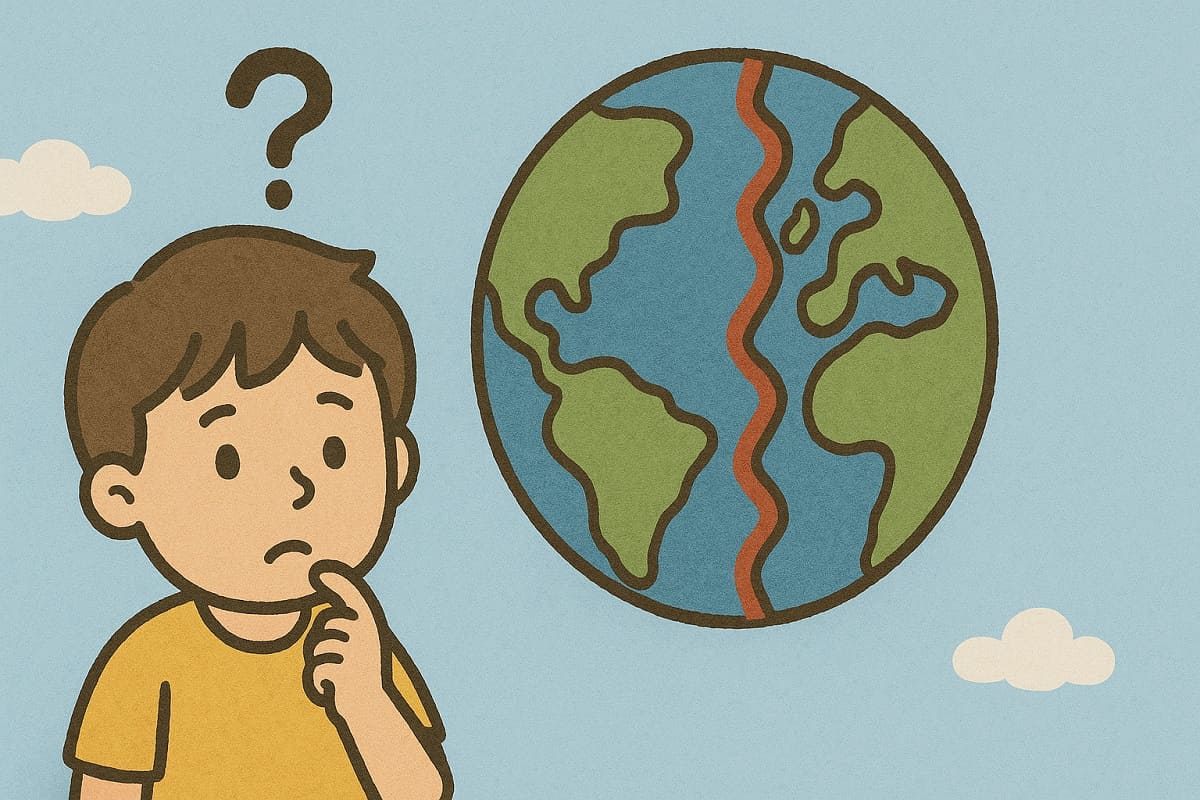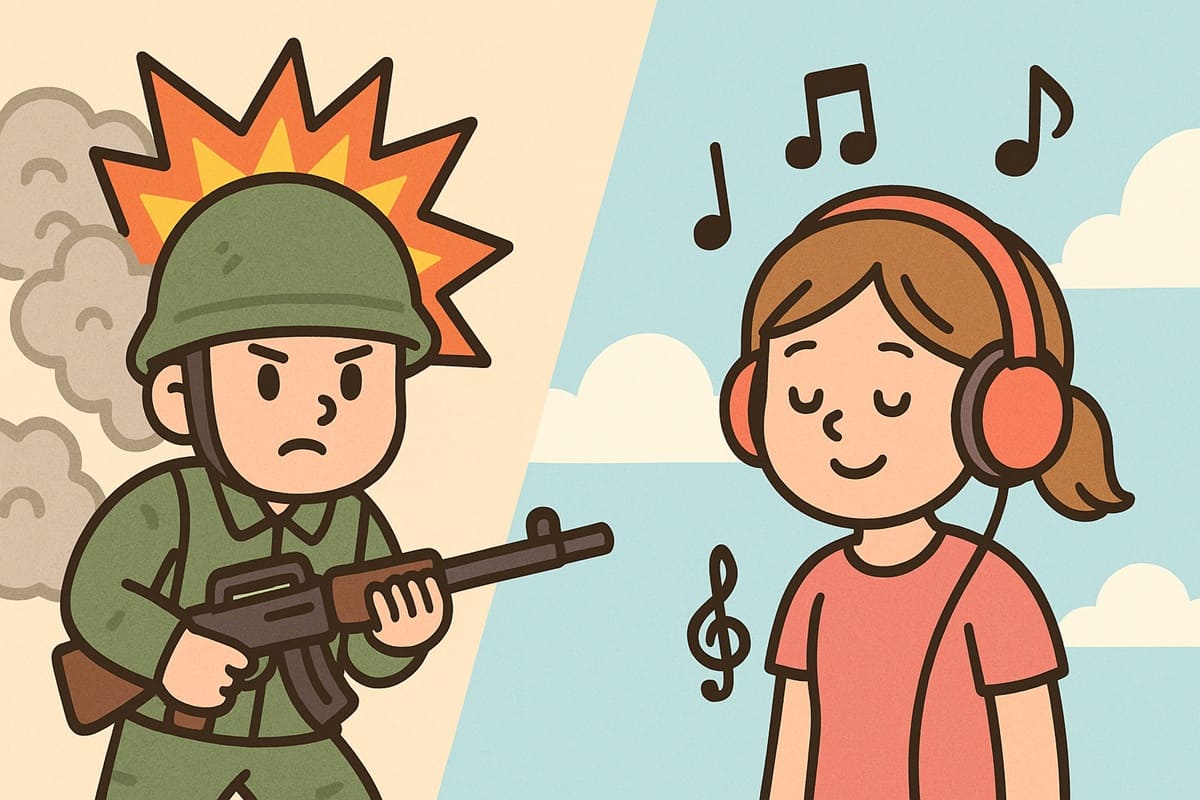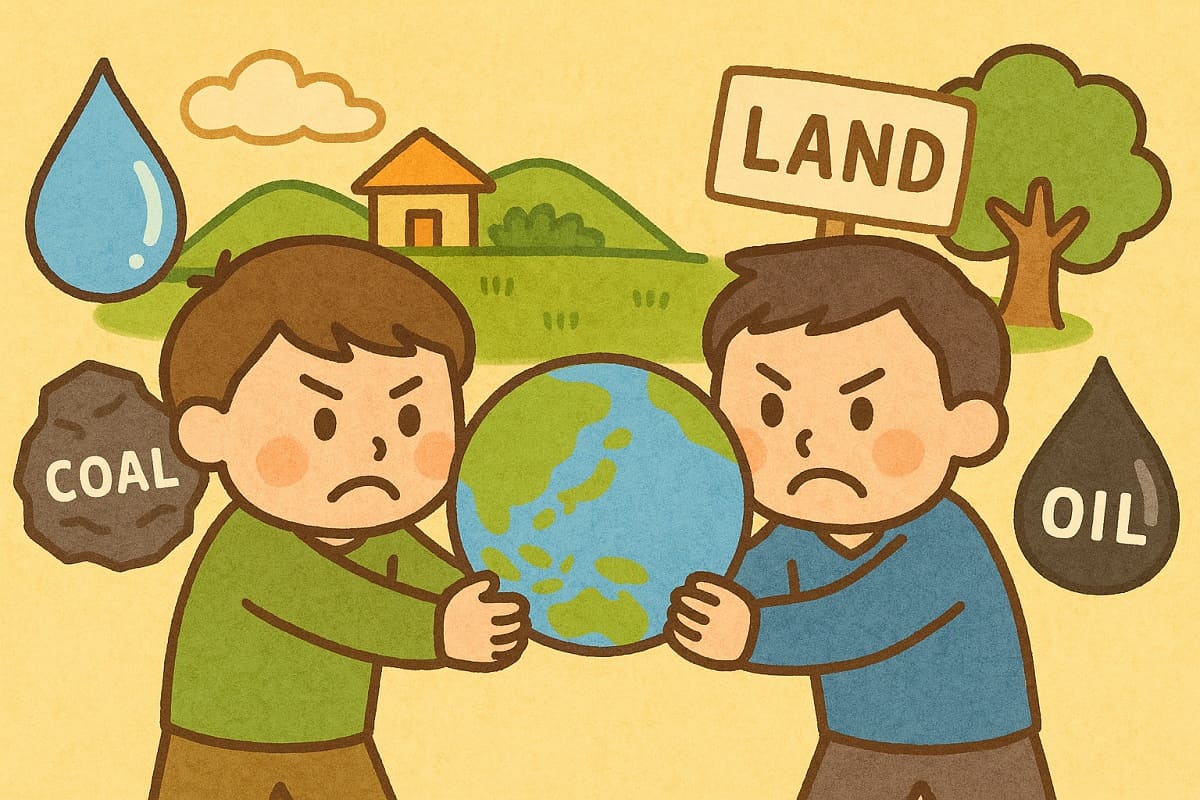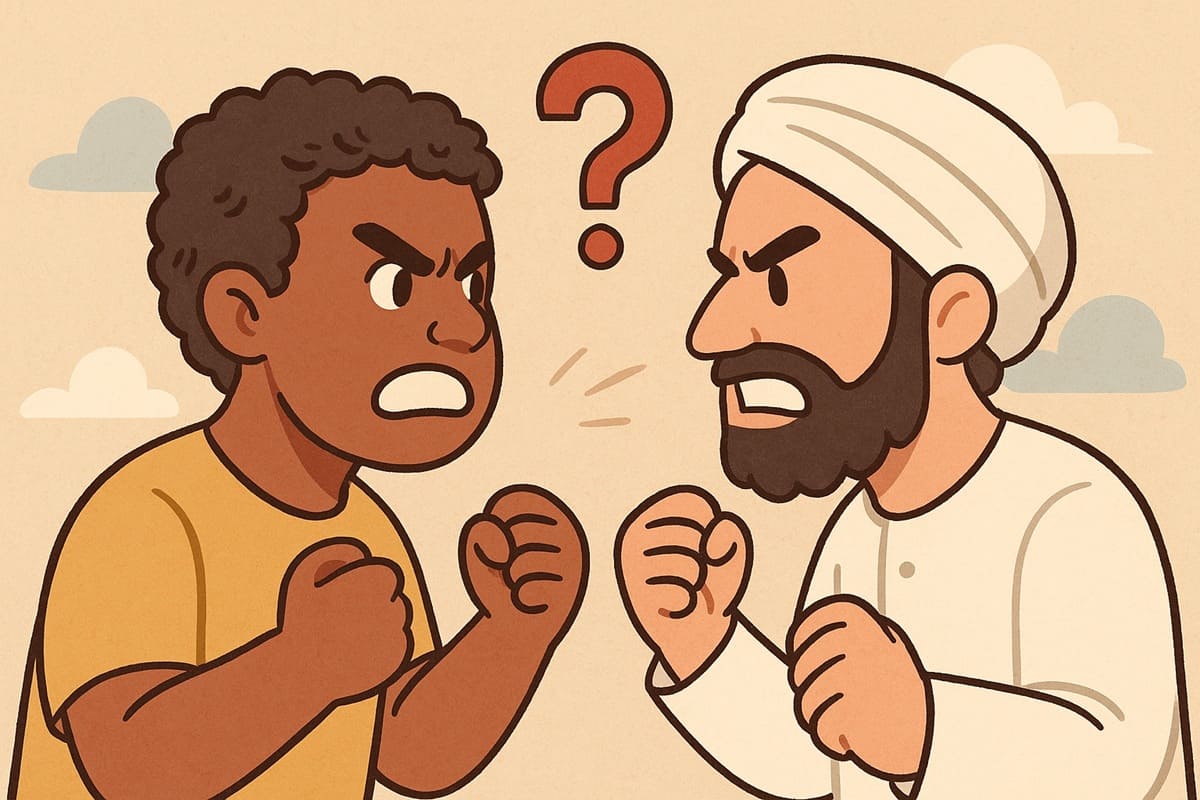What Is Happiness? – Defining the Meaning of Happiness
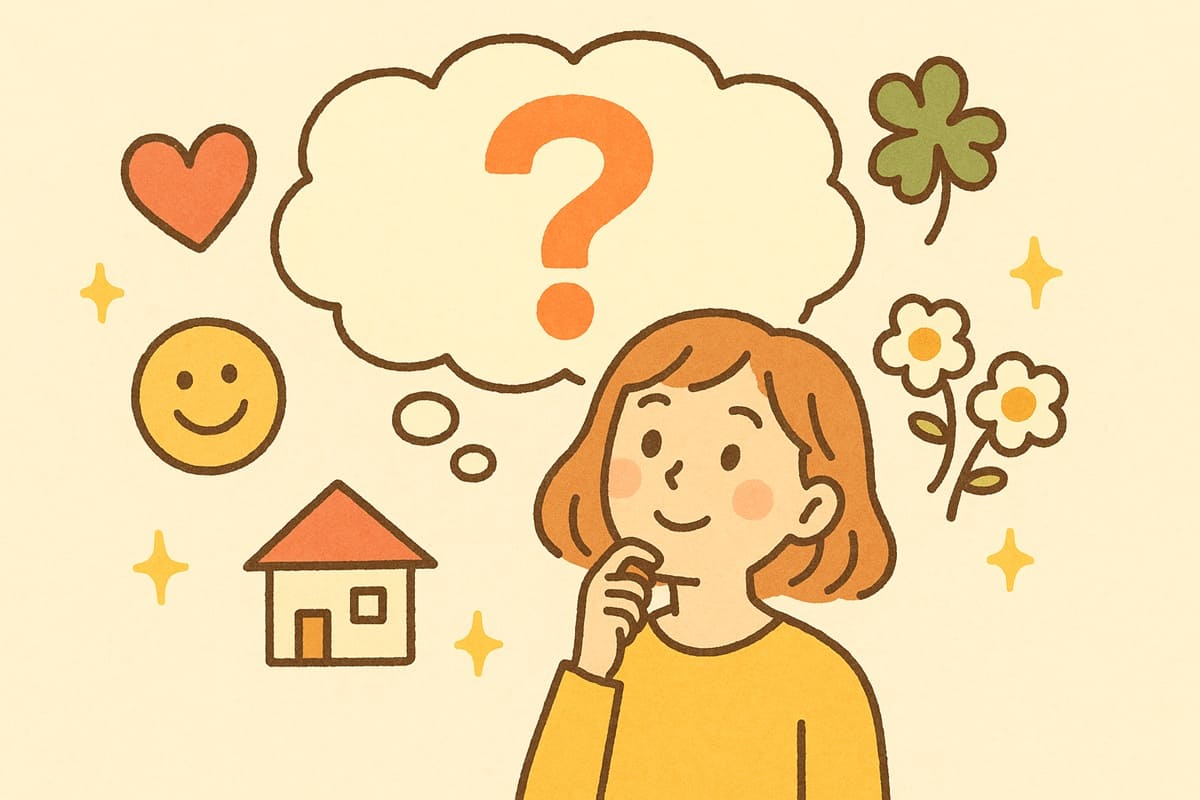
“I want to be happy.”
Surely that’s something many of us have wished for.
But when someone asks, “What is happiness?”—how would you answer?
Is it when you eat something delicious?
Spend time with someone special?
Achieve your dreams?
In this post, let’s explore the meaning of “happiness” from the perspectives of various academic fields and cultures around the world. Together, we’ll think about what happiness really means.
Different Perspectives on Happiness: Philosophy and Psychology
Let’s first take a look at how the concept of happiness has been discussed in academic fields.
In Philosophy: Happiness as Living Well
The ancient Greek philosopher Aristotle believed that happiness is “living well by fulfilling your own potential.” He called this eudaimonia.
In other words, happiness isn’t just about having fun—it’s about how we live our lives as human beings.
On the other hand, 19th-century philosophers like Jeremy Bentham and John Stuart Mill argued that happiness is about feeling pleasure and enjoyment. According to them, the goal should be to increase happiness as much as possible for as many people as possible.
In Psychology: How You Feel Matters
In psychology, there’s a concept called “Subjective Well-Being.”
It’s measured by three main elements:
- How satisfied you are with your life
- How often you feel positive emotions
- How rarely you feel negative emotions
Recently, the field of Positive Psychology has also emerged. It suggests that we feel happier when we have things like:
- Positive emotions (like joy and gratitude)
- Meaningful connections with others
- A sense of purpose or achievement
How Do People Around the World Define Happiness?
The way people feel or define happiness can vary depending on their culture or country. Let’s look at a few examples from around the world.
Nordic Countries (Finland, Denmark, etc.)
The “World Happiness Report” is published every year, and Nordic countries always rank near the top. There, happiness is supported by:
- Strong social systems (like welfare and healthcare)
- Trust in others and society
- Freedom to choose how to live your life
In these countries, a society where you can live with peace of mind forms the foundation of happiness.
The United States: Happiness Through Dreams and Success?
In the U.S., happiness is often tied to fulfilling your dreams or finding purpose in your work.
Many people also value strong family bonds.
Since American culture values individuality, people often find happiness in working hard to reach their personal goals.
Japan and Asia: Peace and Calm are Key?
In countries like Japan, China, and South Korea, people tend to value inner peace and quiet joy.
For example:
- Being in harmony with family and community
- Finding small daily pleasures (like meals, hot springs, or nature)
These cultures often prefer calm and steady happiness over excitement or flashy success.
Bhutan: A Country That Aims for Happiness
Bhutan, a small country in South Asia, has a unique concept called Gross National Happiness (GNH).
Instead of focusing only on money or GDP, it looks at happiness from various angles:
- Protecting cultural values
- Preserving the environment
- Maintaining mental and emotional well-being
In Bhutan, happiness is seen as a balance between the heart and society.
Many Forms of Happiness
As we’ve seen so far, the word “happiness” has many meanings.
- In philosophy: living a good and virtuous life
- In psychology: satisfaction and positive emotions
- In anthropology: happiness that fits one’s culture or country
- In politics and society: systems that allow people to live safely and freely
In short, happiness has no single shape or answer.
It changes depending on a person’s lifestyle, values, and cultural background.
What We Can Do to be Happier
Finally, let’s think about the question: “How can we become happier?”
There may not be a quick or easy answer. But here are a few things that might help you get closer to happiness:
- Think about what really matters to you
- Build and cherish your relationships
- Notice small moments of gratitude and joy
- Don’t push yourself too hard to “succeed”
- Allow yourself to rest and take breaks
Happiness isn’t always something far away.
It might be hiding in the little things: a conversation with someone, a peaceful moment, a safe place to relax.
What seems “ordinary” might actually be something very precious.
Conclusion
There’s no single answer to the question, “What is happiness?”
But by learning from different fields of study and world cultures, you might start to understand what happiness means for you.
And most importantly:
It’s okay if your happiness looks different from someone else’s.
Your happiness is uniquely yours.
Cherish it—and live life in a way that feels right for you.
Main References
Diener, E., et al. (2016). Subjective well-being: The science of happiness and life satisfaction. Frontiers in Psychology, 7, Article 30.
Helliwell, J. F., et al. (2023). World Happiness Report 2023. Sustainable Development Solutions Network.
Mathews, G., et al. (2009). Pursuits of happiness: Well-being in anthropological perspective. Berghahn Books.
Seligman, M. E. P., et al. (2011). Flourish: A visionary new understanding of happiness and well-being. Free Press.
Stanford Encyclopedia of Philosophy. (n.d.). Happiness.
